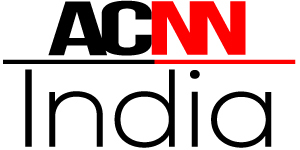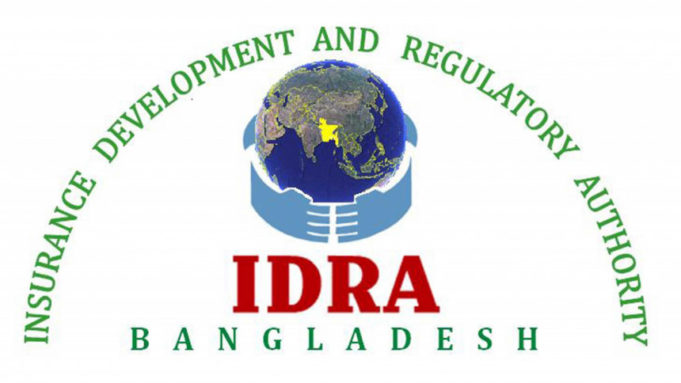Bangladesh lost up to 1.1 per cent of its gross domestic product (GDP) between 2016 and 2020 because of natural disasters such as floods, cyclones and salinity, and much of these losses could be reduced by providing insurance to the underserved population and protecting vulnerable communities.
Bangladesh’s non-life insurance penetration ratio is very low at 0.1 per cent compared to 0.16 per cent in the Asia Pacific region in 2020.
This low penetration level indicates that uninsured losses from disasters in Bangladesh are significantly higher than in other countries, according to a workshop on inclusive insurance and risk finance for Bangladesh.
The Financial Institution Division (FID) under the finance ministry and Insurance Development and Regulatory Authority (IDRA), with technical and financial assistance from the United Nations Development Programme (UNDP), organised the event at Pan Pacific Sonargaon Dhaka.
At the workshop, a paper by Professor Hasina Sheykh, national consultant for inclusive insurance at UNDP Bangladesh, said economic losses due to such risks are vast. In 2021, Bangladesh lost $11.3 billion due to natural disasters, the paper showed.
Inability of poor families to pay insurance premiums, insufficient knowledge, and lack of trust are some reasons for low insurance penetration
“Uninsured losses due to different risks, including natural disasters, are significantly higher in Bangladesh compared to other countries,” she said, adding that adoption of insurance schemes is still very limited despite their potential.
The inability of poor families to pay insurance premiums, insufficient knowledge, lack of trust, lapse coordination among insurers and relevant government agencies, and inadequate institutional and human capacities to design and implement disaster risk transfer mechanisms are the main reasons for low insurance penetration.
Inclusive insurance, which aims at the excluded or underserved market rather than just the poor, can be used as a risk mitigation tool to this end, Sheykh said.
For this, it is necessary to work on developing insurance schemes that fit the peoples’ purposes. So, the schemes and products should be simple and easily understandable, according to the paper.
She went on to say that formal insurance companies are mostly focused on high to middle income people. However, some microfinance institutions like BRAC, Grameen Bank, and Proshika are piloting relevant insurance products on approval of the IDRA and Microcredit Regulatory Authority.
Sheikh Mohammad Salim Ullah, secretary of the FID, said there is an increasing need for decision makers to be involved in developing insurance products.
“They also need to understand how climate change risks could affect their investments and how to mitigate those risks through proper planning, incentive structures and financial instruments,” he added.
Van Nguyen, deputy resident representative of UNDP Bangladesh, said he is resolute that under the leadership of the FID, finance ministry and IDRA as regulatory authorities, strong representation of the insurance industry and relevant stakeholders, the country diagnostic will provide a clear direction for creating an enabling environment for mainstreaming inclusive insurance and risk financing in the country.












